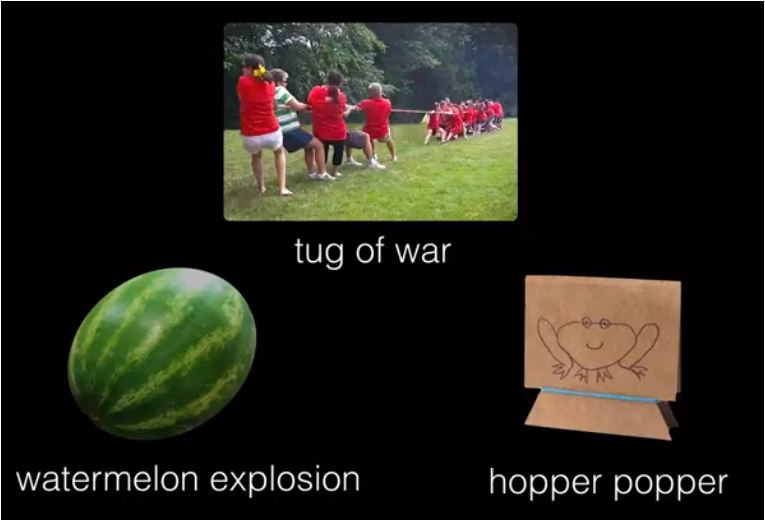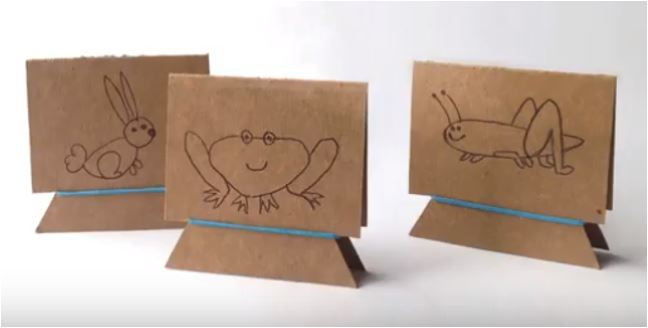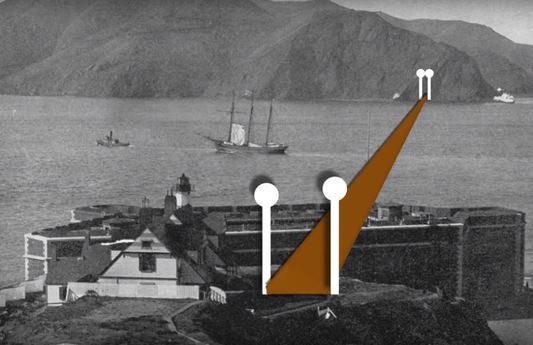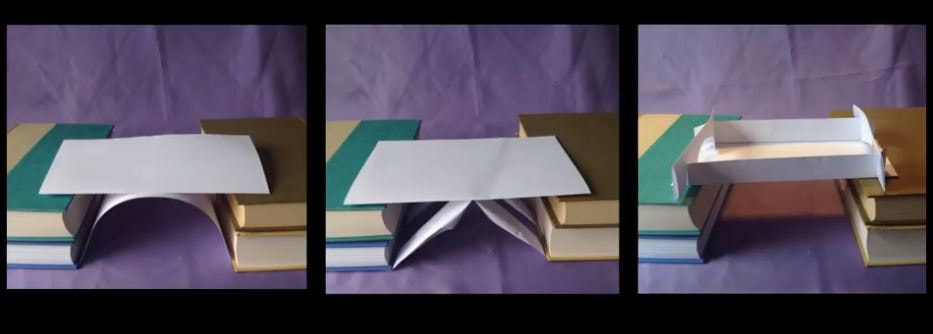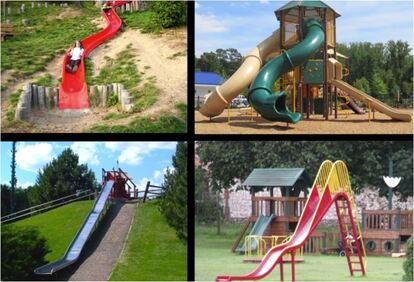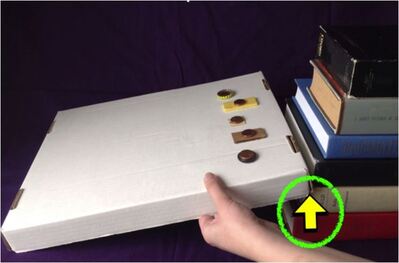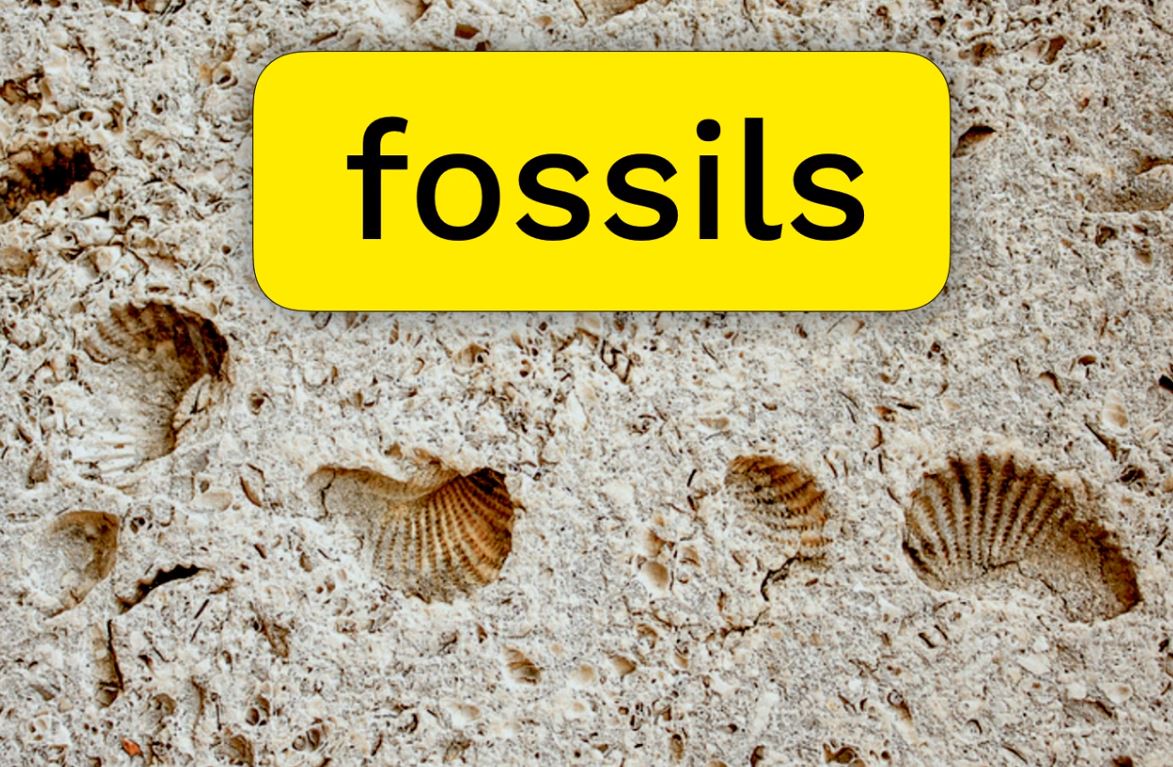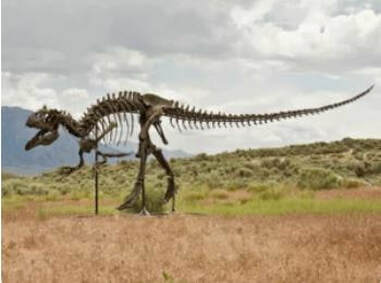3rd grade Science
Mystery Science - Invisible Forces - Forces, Motion and Magnets
Mystery #1 Push and Pull Forces: How could you win a tug-of-war against a bunch of adults? If you've missed the lesson, click on the image below, to the left (the link is good for 10 days after we have started the lesson)
In this Mystery, students will see that by learning to think about pushes and pulls — forces — they can accomplish extraordinary things! In the activity, Hopper Popper, students make a folded piece of cardboard jump high in the air, propelled by the pulling force of a rubber band. They discuss the forces involved in making this “Hopper Popper” jump.
In this Mystery, students will see that by learning to think about pushes and pulls — forces — they can accomplish extraordinary things! In the activity, Hopper Popper, students make a folded piece of cardboard jump high in the air, propelled by the pulling force of a rubber band. They discuss the forces involved in making this “Hopper Popper” jump.
Additional videos on PUSH and PULL forces:
1. For a fun, simple activity, click HERE (your may need to "enable Flash Player" on your computer. Choose "allow" if you get a pop-up with that choice.
2. A song. Click HERE
3. A bit more advanced lesson, Click HERE
4. For fun, check out this real tug of war video of the Tug of War 2011 Championships. Click HERE
1. For a fun, simple activity, click HERE (your may need to "enable Flash Player" on your computer. Choose "allow" if you get a pop-up with that choice.
2. A song. Click HERE
3. A bit more advanced lesson, Click HERE
4. For fun, check out this real tug of war video of the Tug of War 2011 Championships. Click HERE
Mystery #2 Balance of Forces - Engineering: What makes bridges so strong? If you've missed the lesson, click on the image below, to the left. (The link is good for 10 days after we've started the lesson)
In this Mystery, students will learn about real-life bridge design. In the activity, Paper Bridge Engineering, students will use their knowledge of forces to build a strong bridge that supports as many pennies as possible -- using only paper.
In this Mystery, students will learn about real-life bridge design. In the activity, Paper Bridge Engineering, students will use their knowledge of forces to build a strong bridge that supports as many pennies as possible -- using only paper.
Additional resources and info on the science and engineering behind bridge building:
1. Click HERE to read about some amazing bridges in the world
2. To watch "Galloping Gertie" the Tacoma Narrows Bridge, collapse in July of 1940, click HERE.
3. All about bridges article on PBS.org, click HERE
4. How Does A Suspension Bridge Work? Click HERE
5. How Long is The Longest Bridge? Click HERE
1. Click HERE to read about some amazing bridges in the world
2. To watch "Galloping Gertie" the Tacoma Narrows Bridge, collapse in July of 1940, click HERE.
3. All about bridges article on PBS.org, click HERE
4. How Does A Suspension Bridge Work? Click HERE
5. How Long is The Longest Bridge? Click HERE
Mystery #3 Friction and Pattern of Motion: How high can you swing on a flying trapeze? If you've missed the lesson, click on the image below, to the left. (The link is good for 10 days after we've started the lesson)
In this lesson, students investigate the patterns of motion exhibited by a trapeze. In the activity, Trapeze Tester, students build a model trapeze. They make observations and take measurements of the motion of that model and use that data to predict the motion of a real trapeze.
In this lesson, students investigate the patterns of motion exhibited by a trapeze. In the activity, Trapeze Tester, students build a model trapeze. They make observations and take measurements of the motion of that model and use that data to predict the motion of a real trapeze.
|
Activity Video: click on the picture below
|
Activity: Slide and Sliders
|
Additional resources and info on friction and slides:
1. Watch "Slipping, Sliding Science - Physics For Kids" video HERE.
2. Watch the first half of this video HERE, till 8:40. "The Fixies" in their latest challenge, to help Thomas deal with his squeaky door.
3. Watch a middle school Physics video about Friction HERE.
1. Watch "Slipping, Sliding Science - Physics For Kids" video HERE.
2. Watch the first half of this video HERE, till 8:40. "The Fixies" in their latest challenge, to help Thomas deal with his squeaky door.
3. Watch a middle school Physics video about Friction HERE.
Mystery Science - Animals Through Time - Animal Survival & Heredity
Mystery #1 Habitats, Fossils & Environments Over Time: Where can you find whales in the desert? If you've missed the lesson, click on the image below, to the left. (The link is good for 10 days after we've started the lesson)
In this mystery, students will explore the idea that the rock under our feet sometimes contains fossils. These fossils reveal how habitats have changed through time.
In this mystery, students will explore the idea that the rock under our feet sometimes contains fossils. These fossils reveal how habitats have changed through time.
Activity Video: click on the picture below
|
Additional resources and info:
1. Assignment: Click HERE to see a copy of the "A Whale of a Find" article & questions. 2. Reading: read articles about the ancient whale fossil finds of Cerro Ballena in Chile HERE, HERE, HERE, and HERE TO - DO:
1. Read the Newsela article, "Fish lizard remains found in India shed light on ocean reptile's range." Go to your Newsela account to connect to the article. Then go to Google Classroom to answer the question in your assignment section. 2. Go to |
Mystery #2 Structures & Adaptations, Fossil Evidence, Classification: How do we know what dinosaurs looked like? If you've missed the lesson, click on the image below, to the left. (The link is good for 10 days after we've started the lesson)
In this mystery, students will learn how we can infer what the outside of an animal looked like, by using clues about their skeleton.
In this mystery, students will learn how we can infer what the outside of an animal looked like, by using clues about their skeleton.
Activity Video: click on the picture below
